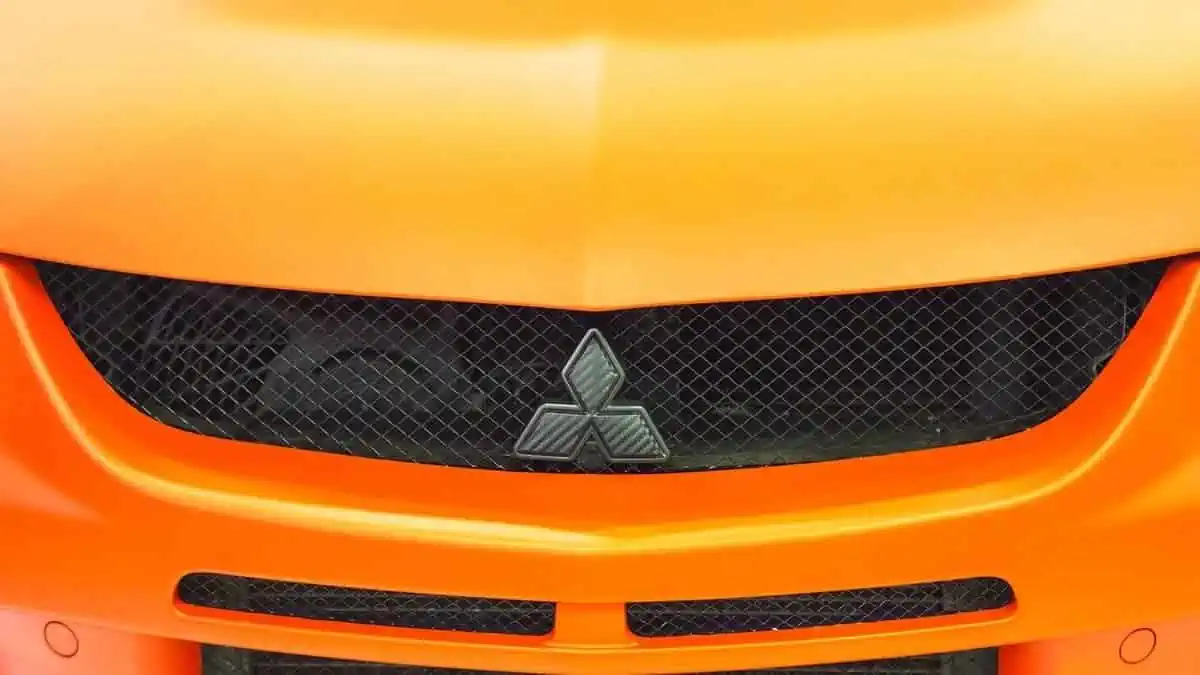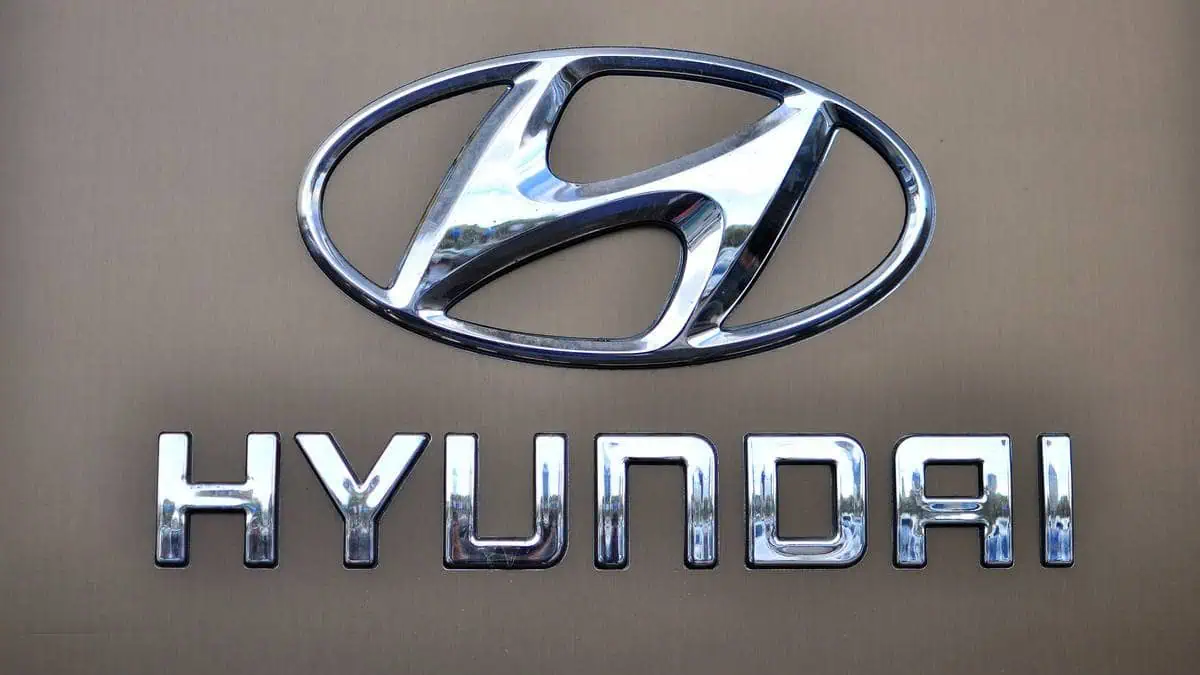Japanese automaker Mitsubishi has announced plans to start the production of its Minicab-MiEV in Indonesia by 2024. Remarkably, the move is the first time the Kei-car class commercial EV would be assembled beyond its homeland Japan.
“In order to meet the growing demand for EVs in the ASEAN region, we have made the decision to produce this vehicle locally outside of Japan for the first time. As well as continuing to support the development of Indonesia’s automotive industry, we hope to contribute to the country’s environmental initiatives.”
Takao Kato, Mitsubishi Motors CEO, and President
About the Minicab-MiEV
Mitsubishi retrofitted the Minicab-MiEV with the same electric vehicle system as the legendary i-MiEV. For context, the i-MiEV is the world’s first EV that has undergone large-scale production, which first debuted in Japan in 2011.
Going back, the Minicab-MiEV is apparently equipped with a single lightweight motor, enabling 40 horsepower and 145 pound-feet of torque. It offers two battery configurations: 10.5 kWh and 16 kWh. The smaller battery pack offers a range of up to 62 miles. Meanwhile, the higher battery pack provides 93 miles range.
Furthermore, its battery is installed beneath the vehicle’s central floor, offering spacious cargo capacity. The battery installation also makes it possible for the vehicle to have a lower center of gravity, improving ride comfort and steering stability.
As mentioned, Mitsubishi will produce the Minicab-MiEV at PT Mitsubishi Motors Krama Yudha Indonesia (MMKI). The plant currently produces the company’s Pajero Sport, Xpander, and Xpander Cross.
“Automakers are now being required to respond to the rapid, global movement toward a decarbonized society. We believe that Kei-car class commercial EVs are the optimal solution to the ‘last one mile problem’ in logistics.”
Takao Kato, Mitsubishi Motors CEO, and President
In retrospect, the company debuted the Minicab-MiEV in Japan in December 2011 primarily for the logistics industry. Sales of these commercial EVs resumed in November 2022 despite the automaker’s previous decision to stop production due to rising demand.
The government and logistic firms started adopting sustainable business practices, further boosting the increasingly high demand for these EVs.






